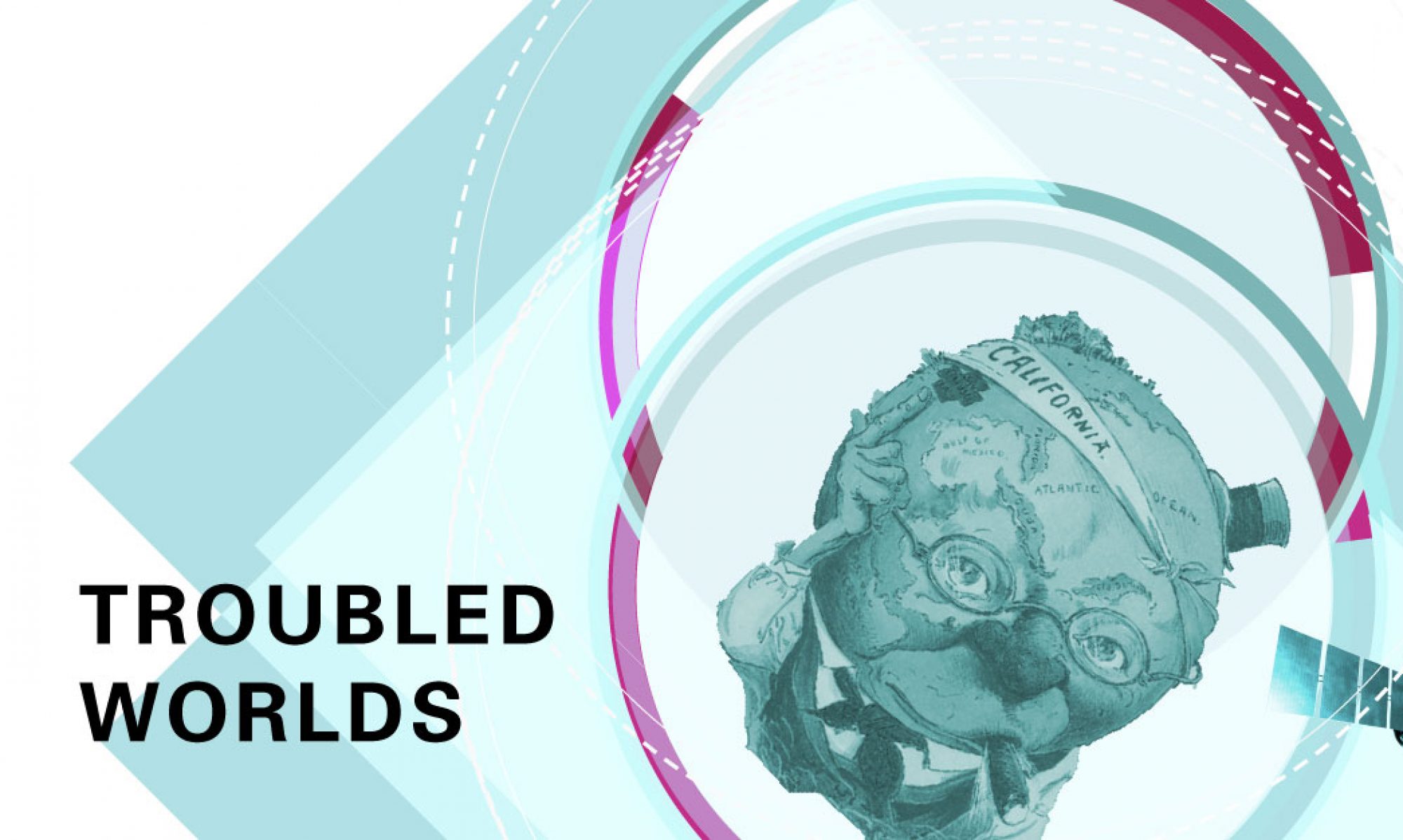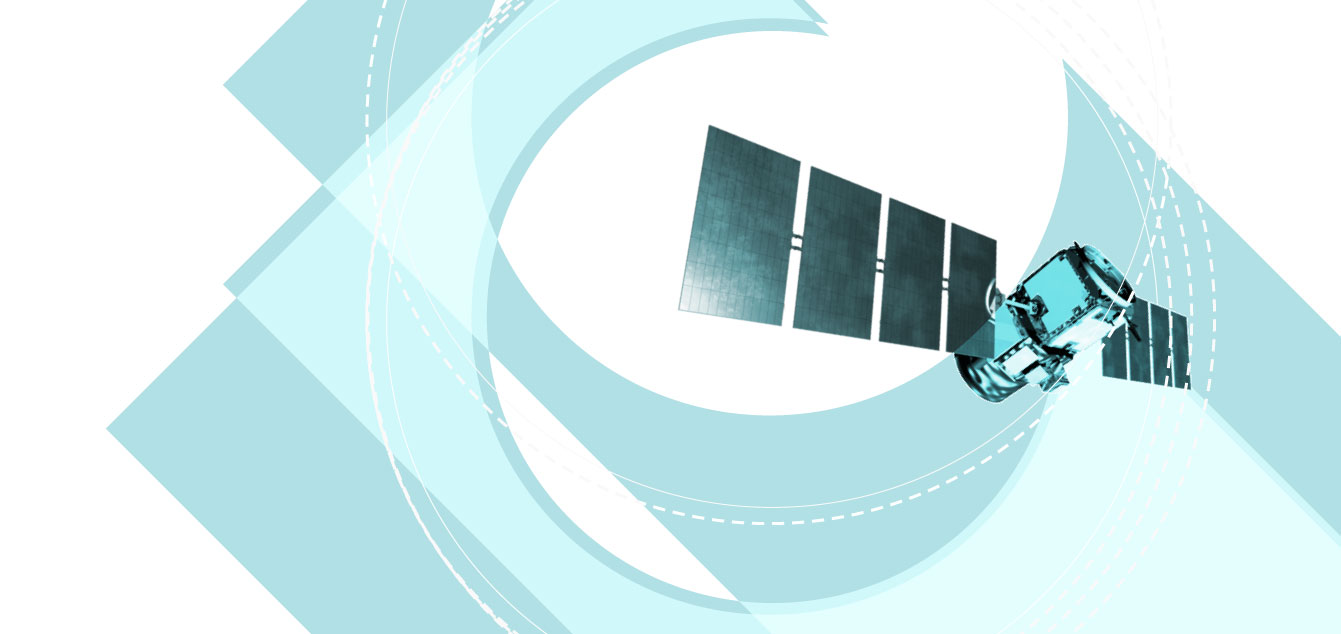Summary:
Imagine a non-exploitative episteme for information ontologies and recordkeeping institutions based on a more agential perception of the Earth.
Description:
It might be useful to think of this module as starting from a literary or artistic position, moving professional information practice toward the imbrication of an ethics of cataloging with the environment. Here we attempt to synthesize the intersecting fields of applied ontology and information retrieval systems with environmentalist concerns. For those interested in a non-mechanistic interpretation of technology, this module performs an intervention on Information Sciences through self-determined communal storytelling. It insists on confronting the imperialism of its privileged ontologies. In this intervention, it opens a space for decolonization research.
The stories to tell situateare of situating Library, Archives, and Museum practices, and cataloging, classifying, and formal categorizing in histories of colonial violence. This practice involves analyzing the technological structures that underpin that violence. Information institutions channel epistemic oppression through socio-technical acts of white supremacy or property-orientation. The social norms shaping URI-based (Uniform Resource Identifiers, such as URLs, as static or fixed) linked data are predominantly naturalist and capitalist; that inner lives are separated and that an outside world exists as a continuum of resources available for incorporation into selves, through which surplus value can be produced.
Histories of colonialism and cataloging are co-constitutive, entangled orders (Duarte and Belarde-Lewis 2015). We must dig deep into local methods of information ontologies to understand how their epistemologies are entangled with the environment (Feinberg 2007). Re-conceiving ownership of information means attending to the dominant concepts of uniformity, resources, and identification. In considering fluidity in co-constituting of categories driven by self-identification (Adolpho 2019), dialogical determination of quantifiable markers needn’t deny the possibility of a bibliographic science, makes explicit the racism and anti-scientific assumptions of universalist posturing at the roots of extractivism.
Readings:
Adolpho, Kalani. “Who Asked You?: Consent, Self-Determination, and the Report of the PCC Ad Hoc Task Group on Gender in Name Authority Records.” In Ethical Questions in Name Authority Control, edited by Jane Sandberg. Sacramento: Library Juice Press, 2019.
Duarte, Marisa Elena and Miranda Belarde-Lewis. “Imagining: Creating Spaces for Indigenous Ontologies.” Cataloging & Classification Quarterly 53, no. 5-6 (2015): 677-702.
Feinberg, Melanie. “Hidden bias to responsible bias: an approach to information systems based on Haraway’s situated knowledges.” Information Research 12, no. 4 (2007).
Tansey, Eira. “Archival adaptation to climate change.” Sustainability: Science, Practice, and Policy 11 no. 2 (2015): 45-56.
Janowska, Maria. “Environmental Programs and Green Practices: An American Library Association Timeline from 1989 – 2010.” In Greening Libraries, edited by Monika Antonelli and Mark McCullough. Sacramento: Library Juice Press, 2012.
Mazurczyk, Tara, Nathan Piekielek, Eira Tansey, & Ben Goldman. “American archives and climate change: Risks and adaptation.” Climate Risk Management 20 (2015): 111-125.
Tadic, Linda, “The environmental impact of digital preservation.” Presentation at the Association of Moving Image Archivists conference, Portland, OR, November 2015, https://www.digitalbedrock.com/resources/.
Discussion Questions:Intricate problems undergird numerous information preservation practices. For example, the collection of documents (paper, digital media, etc.) produces environmental effects, and at the same time, changing climates put continued preservation at risk. What conscious decisions are needed from catalogers and archivists in assessing material? Based on your readings, discuss efforts to “green” archival practices (Janowska 2012, Tansey 2015). This involves articulating the potentials and pitfalls of new metadata workflows. Particularly consider efforts of data and information communities to re-shape narratives around their practices in response to climate change. The community-based project Data Refuge Philly, for example, spreads awareness as well as organizes the preservation of environmental data. Tadic (2016), presents estimates of archivists facing 400,000,000 hours of audiovisual media (such as videotape, containing toxins) to digitalize. Digitalization will generate 29.2 exabytes of data (for scale, current global IP traffic is 1400 exabytes). Is this a chance for, as in Mazurczyk et al. (2018), collecting less? Is this a chance for, as in Gumbs, cultivating intuition?

